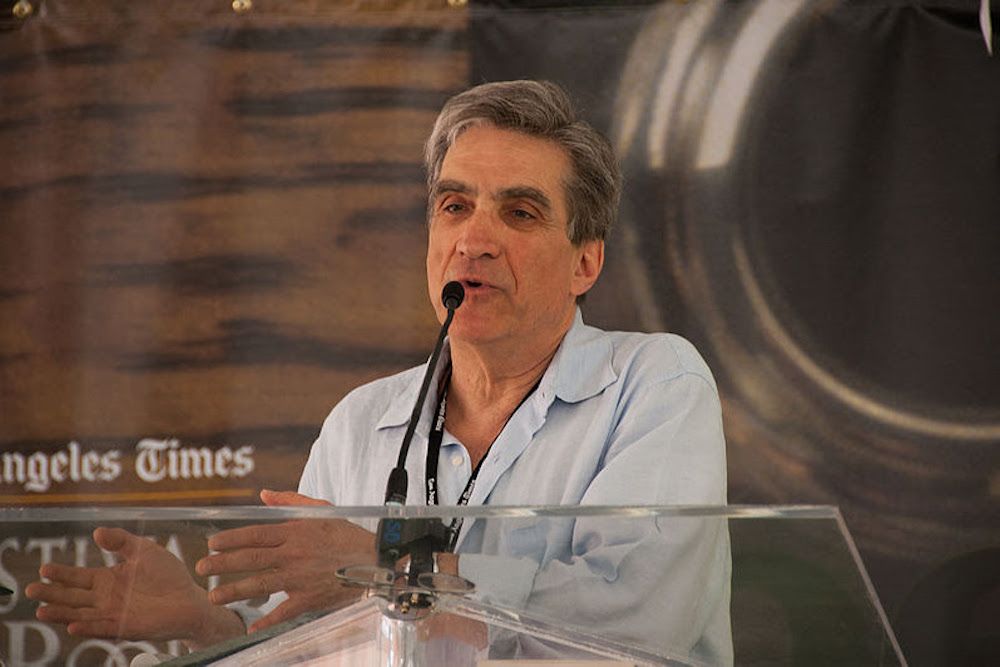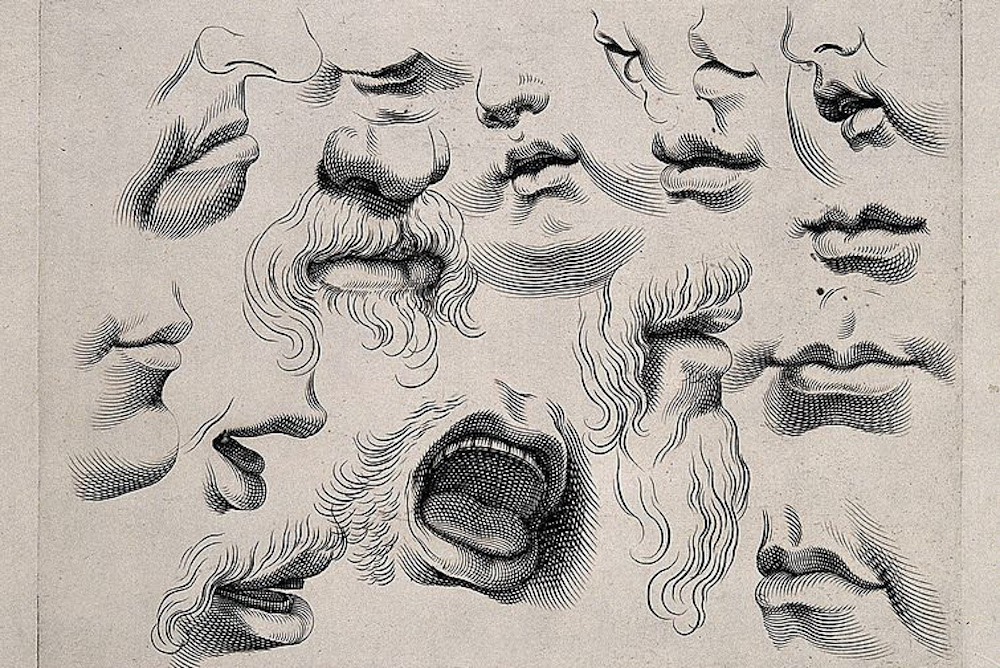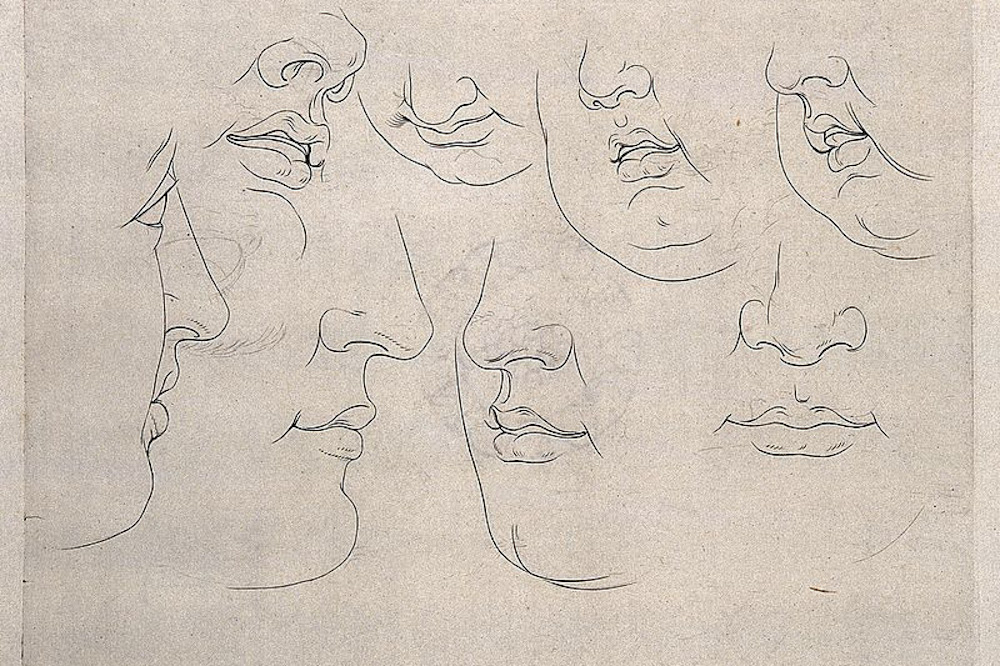Every week, the editors of The Paris Review lift the paywall on a selection of interviews, stories, poems, and more from the magazine’s archive. You can have these unlocked pieces delivered straight to your inbox every Sunday by signing up for the Redux newsletter.
This week at The Paris Review, we’re thinking about mouths and the breath. Read on for Robert Pinsky’s Art of Poetry interview, Shruti Swamy’s short story “A House Is a Body,” and Helena Kaminski’s poem “Face.”
If you enjoy these free interviews, stories, and poems, why not subscribe to The Paris Review? You’ll also get four new issues of the quarterly delivered straight to your door. Or, choose our new summer bundle and purchase a year’s worth of The Paris Review and The New York Review of Books for $99 (that’s $50 in savings!).
Robert Pinsky, The Art of Poetry No. 76
Issue no. 144 (Fall 1997)
In Poetry and the World, I wrote: “Poetry is the most bodily of the arts.” A couple of friends who read it in draft said, Well, Robert, you know … dancing is probably more bodily than poetry. But I stubbornly left the passage that way without quite having worked out why I wanted to say it like that. Sometimes the ideas that mean the most to you will feel true long before you can quite formulate them or justify them. After a while, I realized that for me the medium of poetry is the column of breath rising from the diaphragm to be shaped into meaning sounds inside the mouth. That is, poetry’s medium is the individual chest and throat and mouth of whoever undertakes to say the poem—a body, and not necessarily the body of the artist or an expert as in dance.
A House Is a Body
By Shruti Swamy
Issue no. 225 (Summer 2018)
As he was speaking last night, she could hear the water in his mouth—his spit—she could hear the sounds of the mouth that happened around the words, of the lips opening and closing, of the tongue sliding, and occasionally the click of teeth. Under the sound of the words was the sound of breath, the breath that carried those words, so at first it was difficult to hear them, the words, and when she did hear them there was so much space around them she thought, Well, I’m okay. But later, only a little later, she realized that it had been shock. She had not let the words into her body. It was as though she had placed a pill on her tongue, could feel the weight of it there, but could not yet taste it. Alone, in the almost empty house—for it had been late at night, and the girl was sleeping—his words began to enter her: she tasted them, she felt the burning of their swallow, she felt them come into her bloodstream. She stood in front of the mirror. He had changed her, she wanted to see it. Her features were the same, but they had a different meaning now, she looked older and sour, and she saw the lines on either side of her mouth and traced them with her finger. The lines of her mother, her mother’s sourness. Oh God.
Face
By Helena Kaminski
Issue no. 118 (Spring 1991)
… Was mouth good or pretty
Bad? Was itDon’t remember.
Mouth, like Fidel
Spoke for five hours.It’s late.
It’s very late.Damn it.
Who’s in charge?Lip lies back
Along the face,
Dazed body at the beach
On its pale towel.Why aren’t they
Where couldAsk mouth.
Mouth is boss.
If you enjoyed the above, don’t forget to subscribe! In addition to four print issues per year, you’ll also receive complete digital access to our sixty-eight years’ worth of archives. Or, choose our new summer bundle and purchase a year’s worth of The Paris Review and The New York Review of Books for $99 ($50 off the regular price!).
from The Paris Review https://ift.tt/3eDbsPa



Comments
Post a Comment